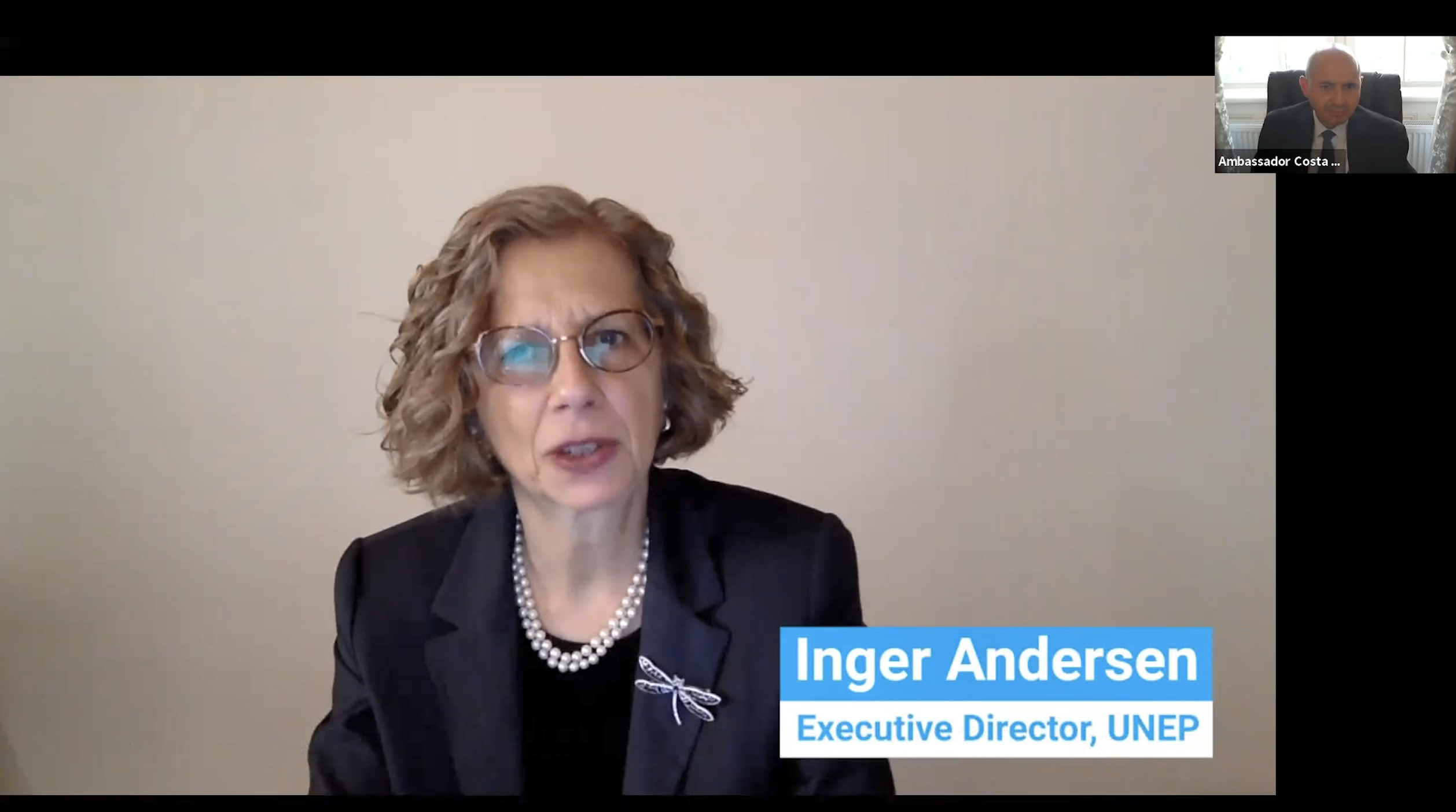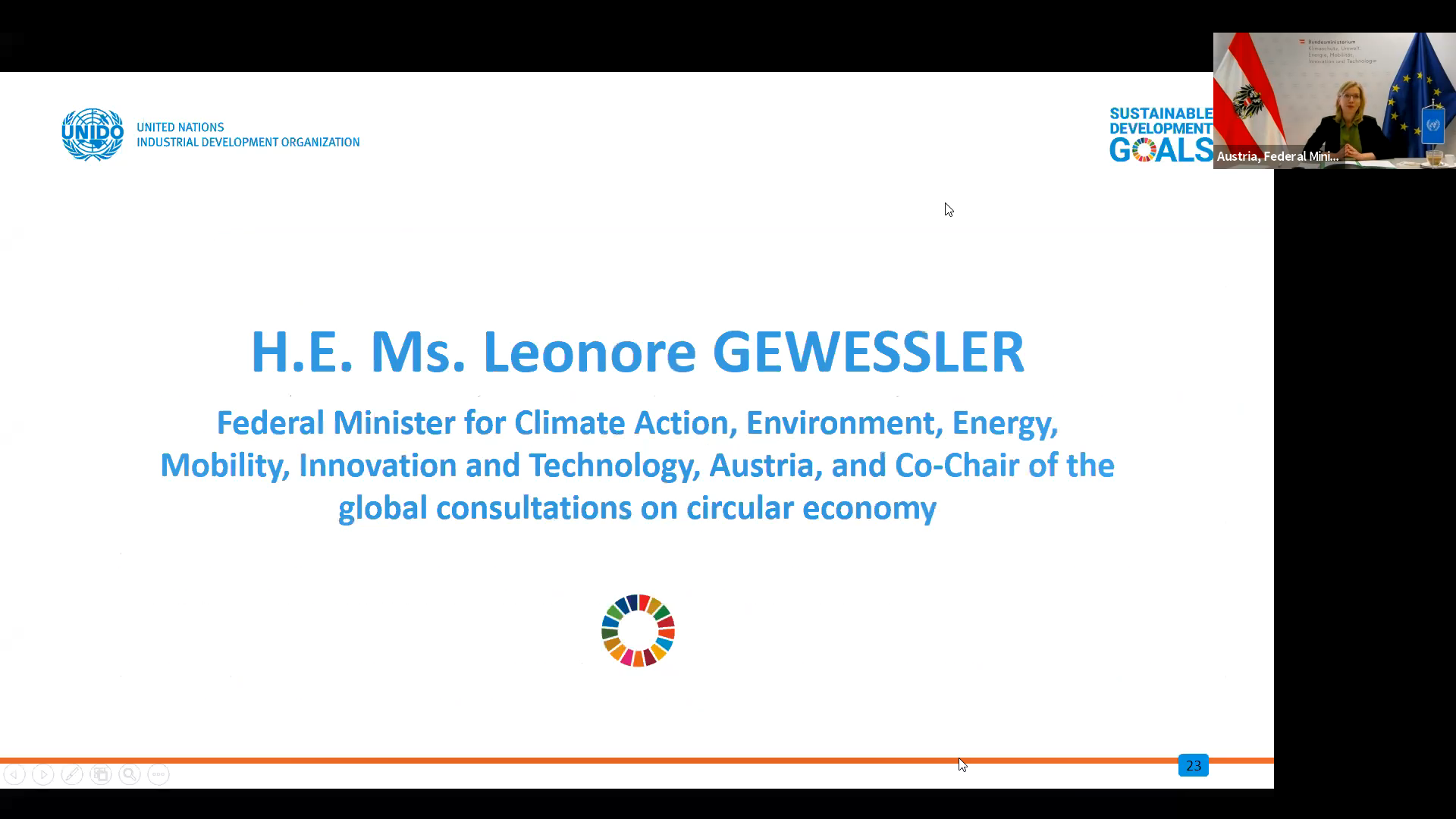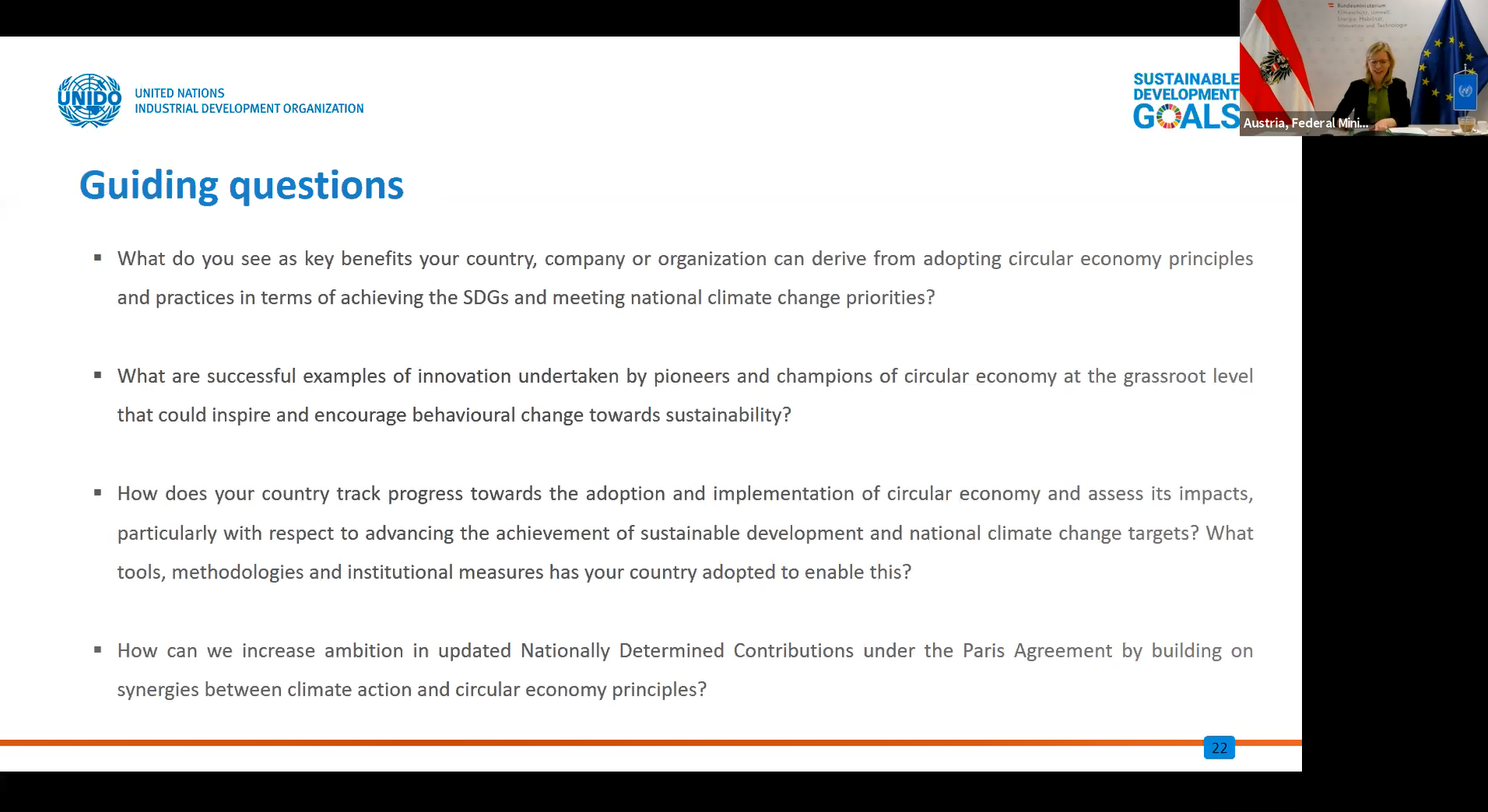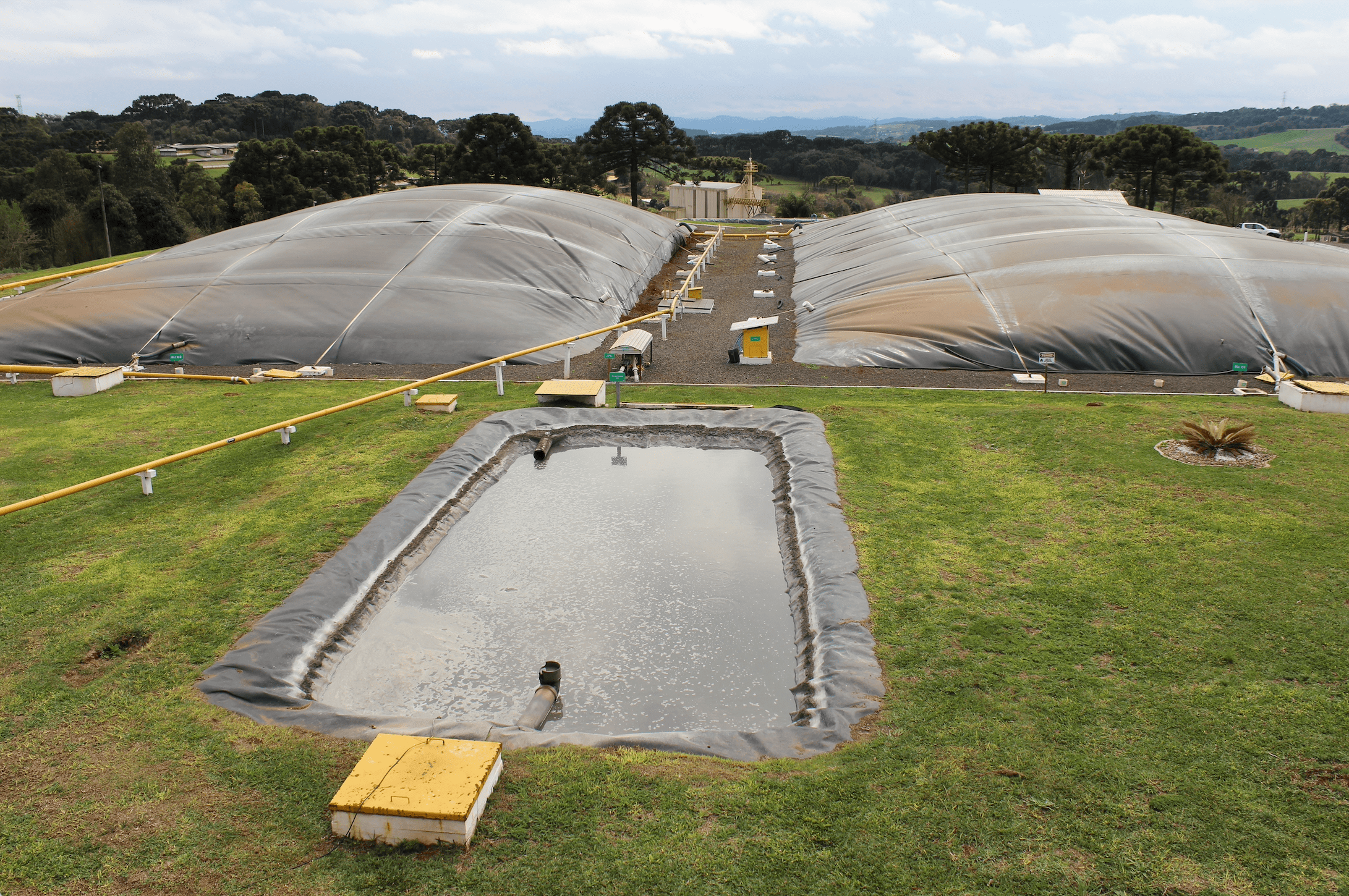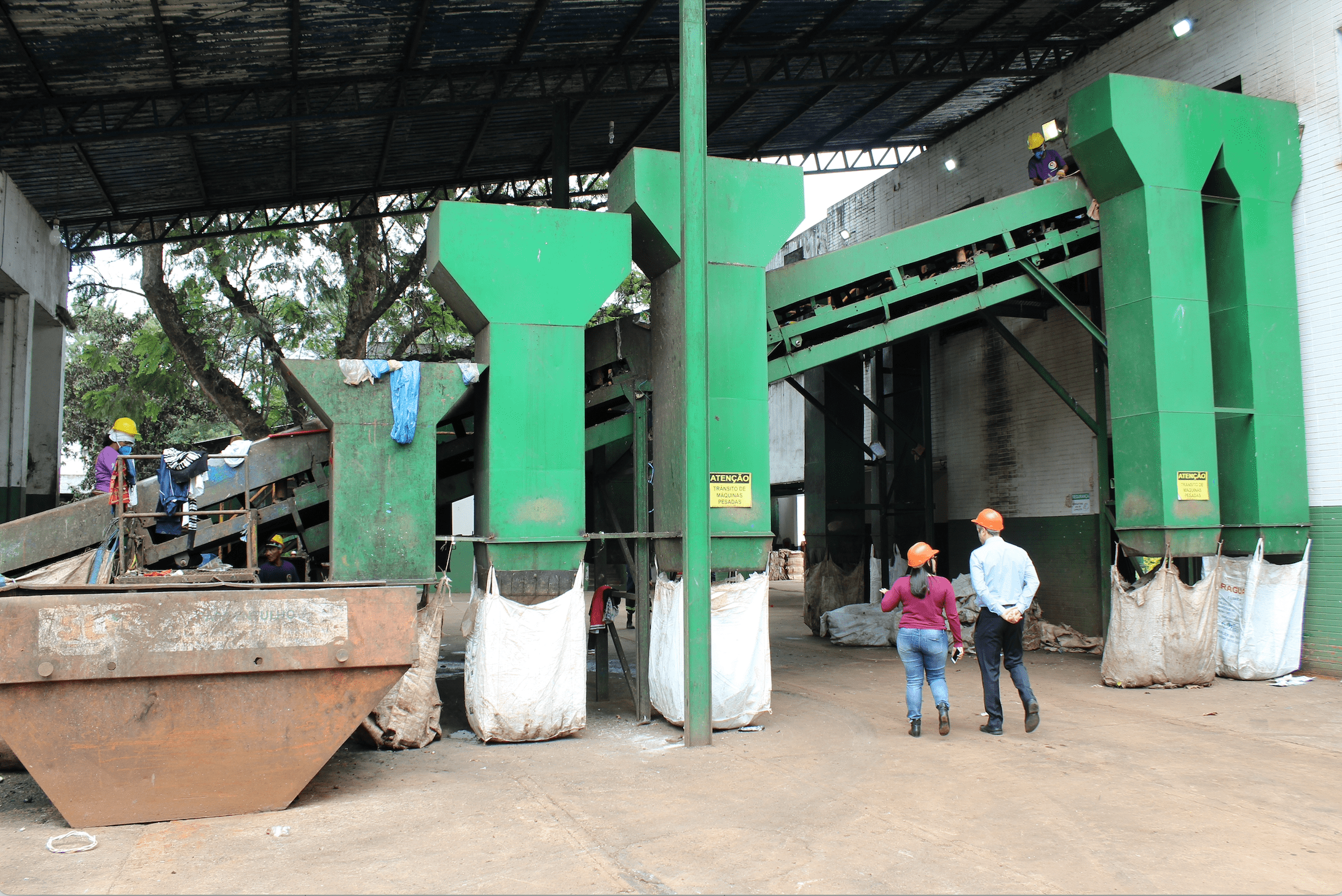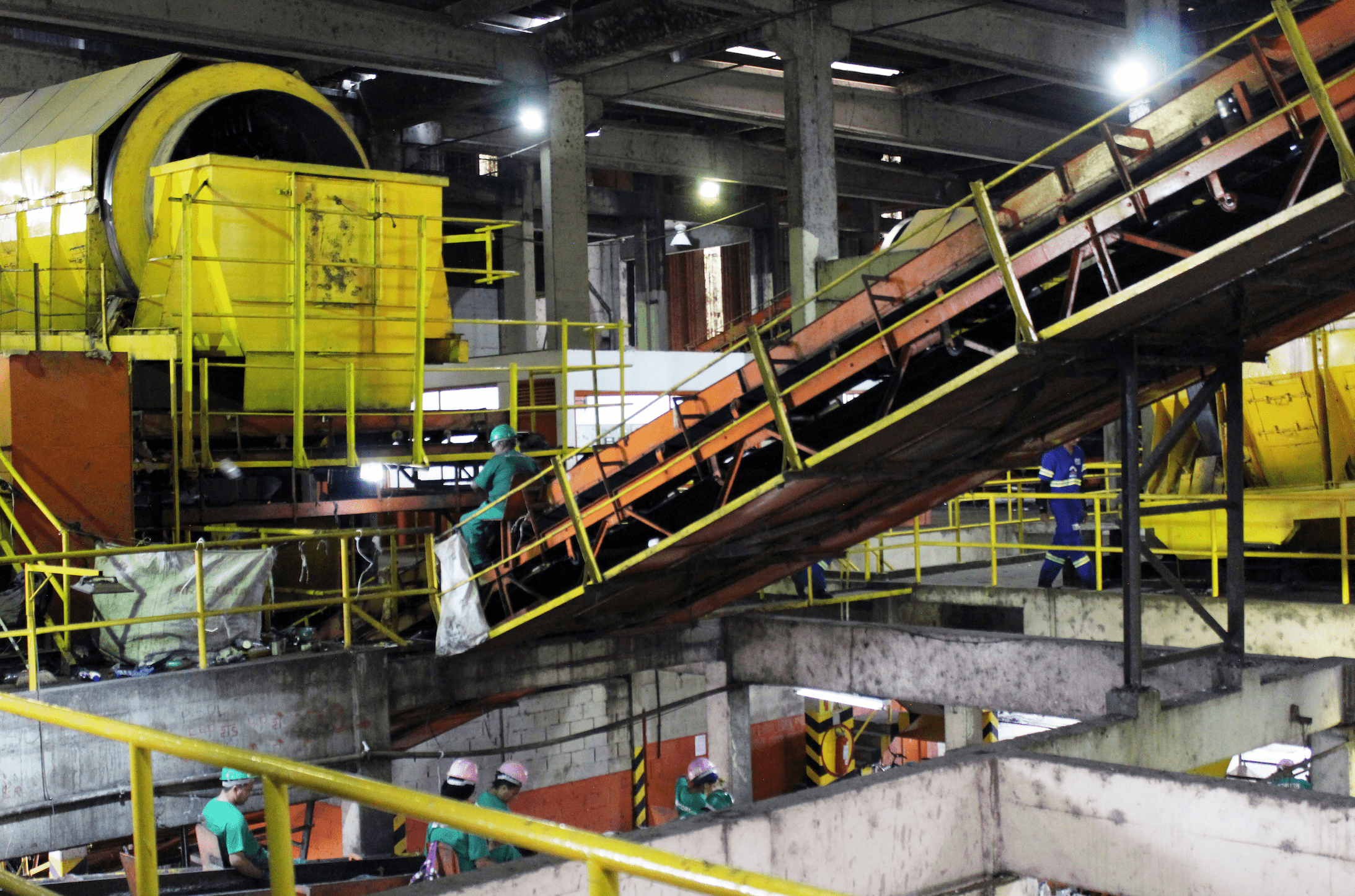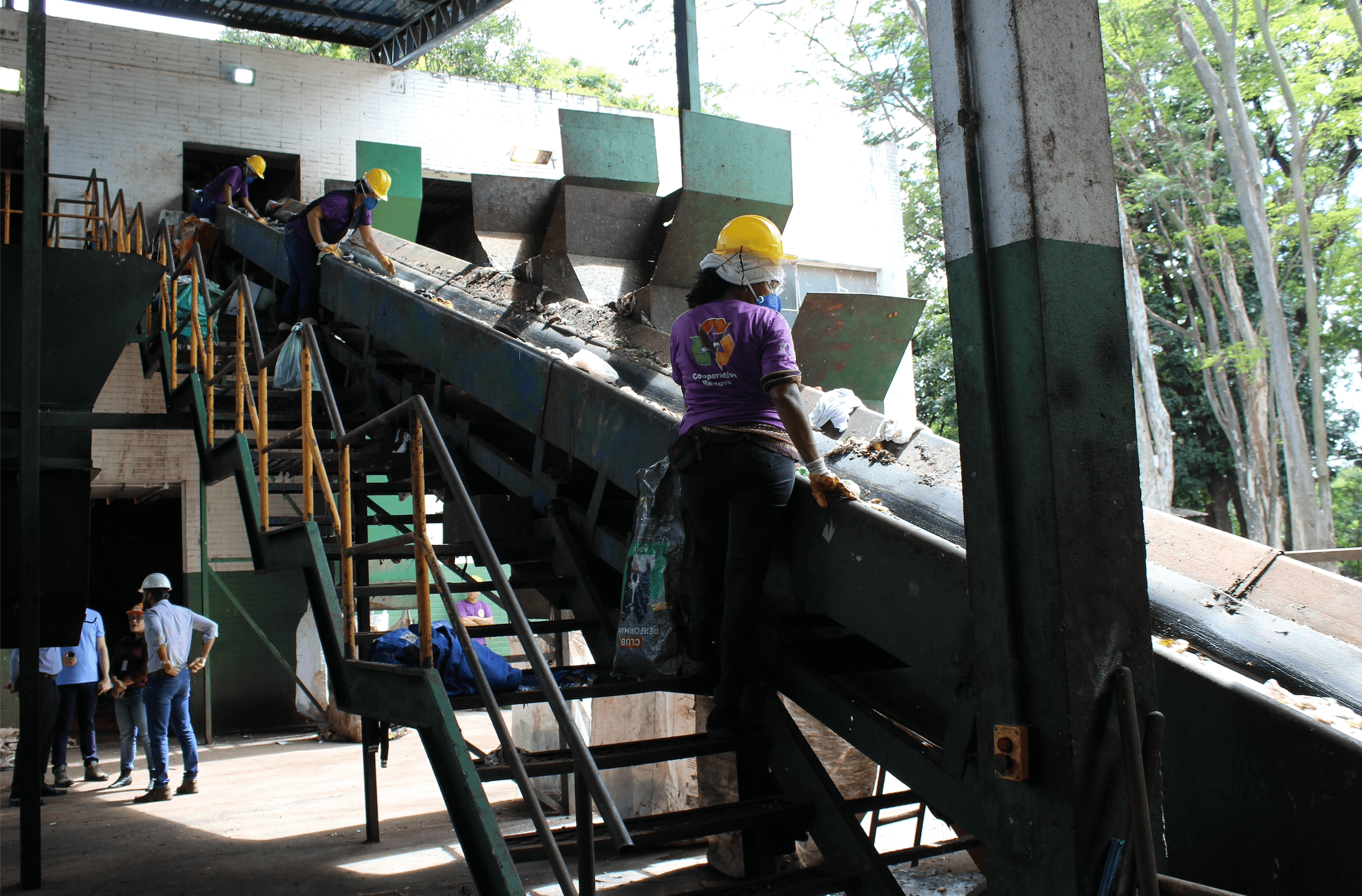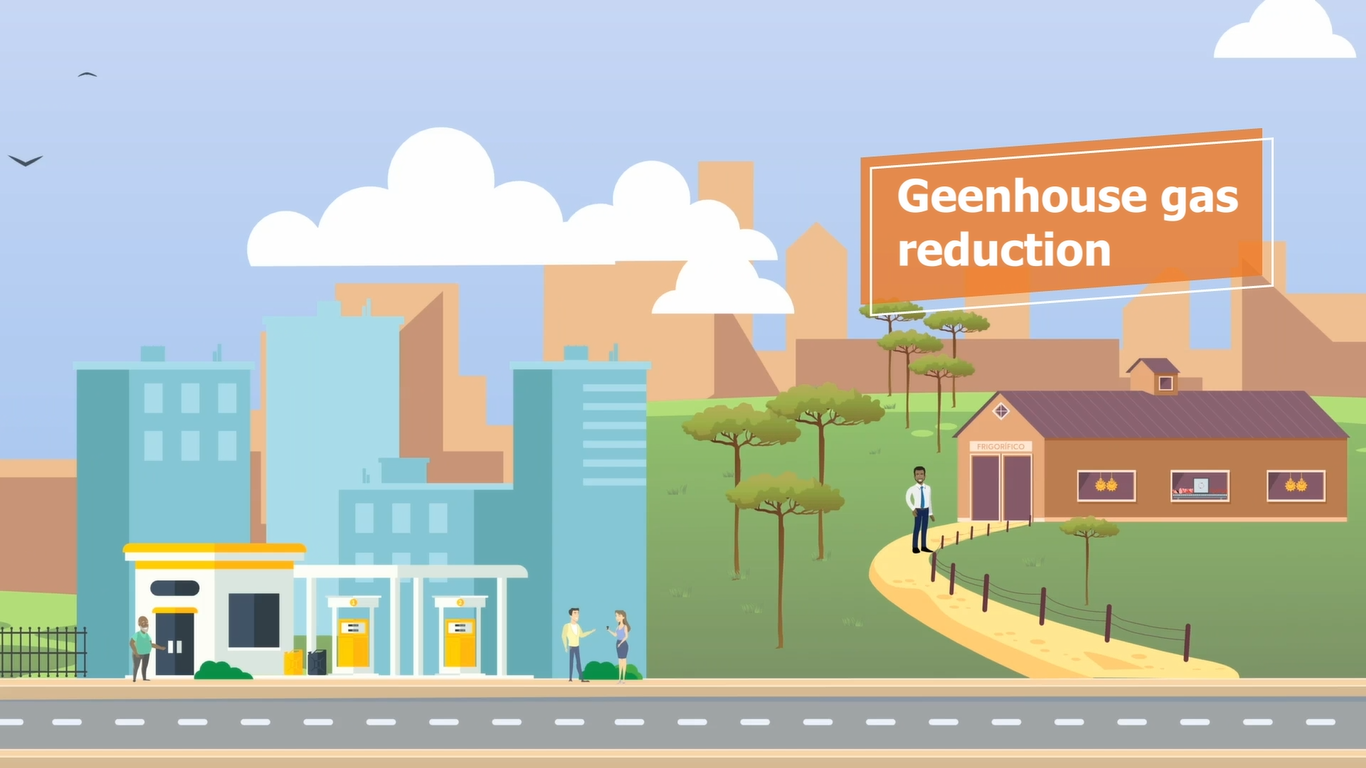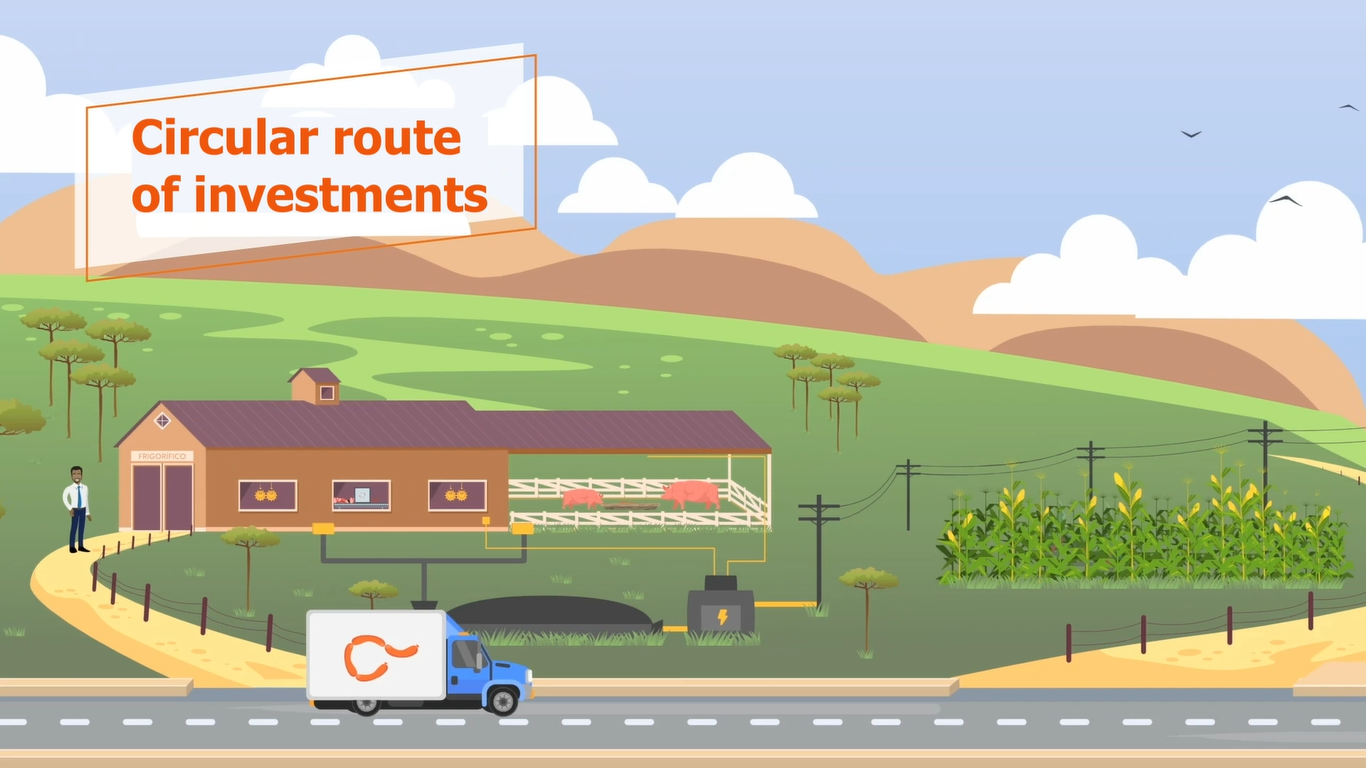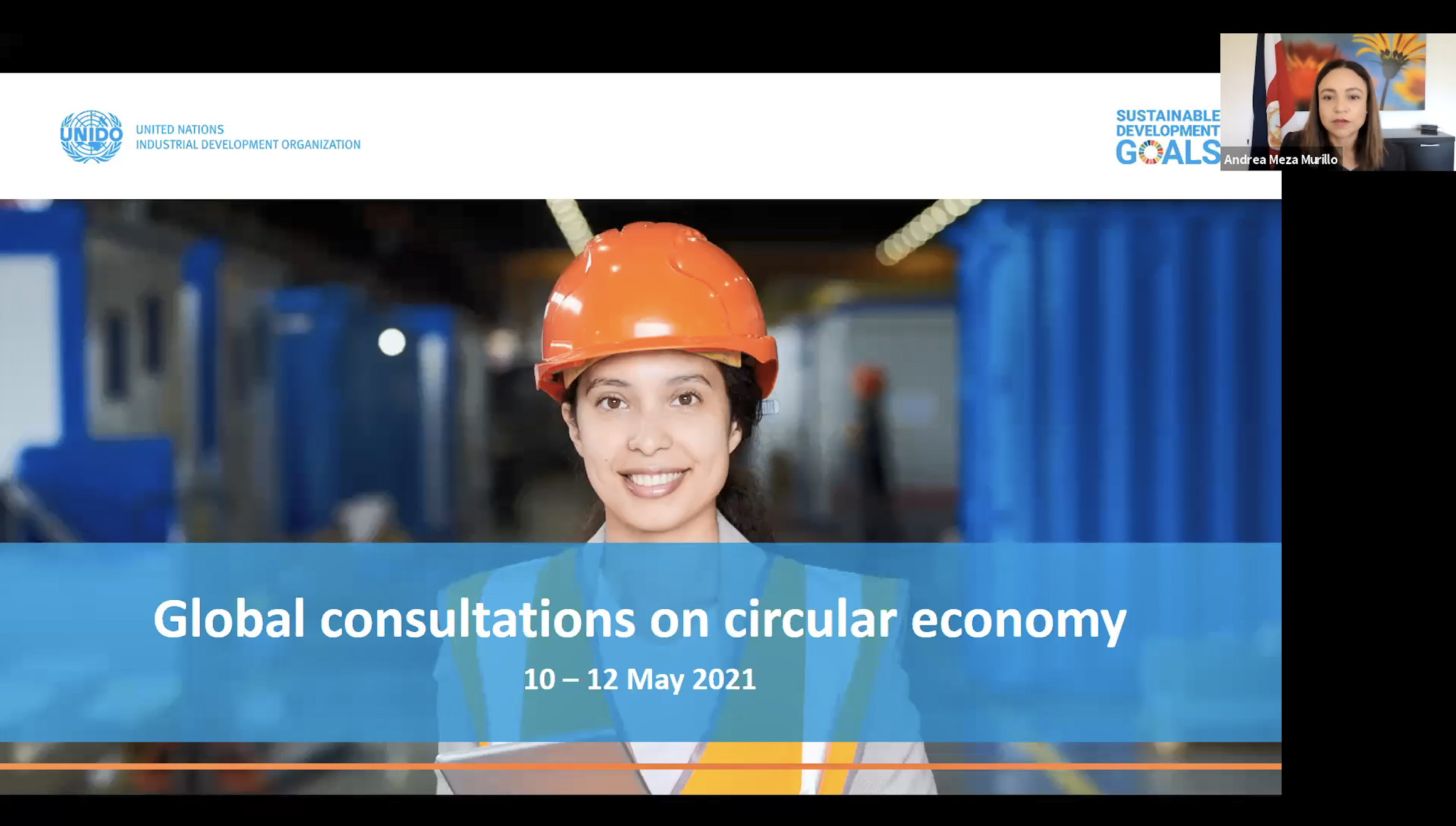

Bringing fresh thinking to development challenges through partner consultations
21 April 2022 UNIDO

VIENNA, 21 April 2022 - Two years ago, the United Nations launched the Decade of Action to speed up progress on achieving the 2030 Agenda for Sustainable Development, recognizing that, despite significant advances, in some areas many of the ambitious targets remained off track. Since then, the COVID-19 pandemic has further derailed progress, wiping out hard won gains on poverty, inequality, health and employment, among others. It has also opened deeper cracks in already shaky international relations as the global community battles to overcome the crisis.
Tackling these urgent development challenges in an era of rising global instability will demand ever more innovative and collaborative solutions. This means fresh thinking, and more flexible, transparent and adaptable approaches which allow all voices to be heard.
That’s why the United Nations Industrial Development Organization (UNIDO) is reaching out to its Member States and other partners in a series of ongoing consultations on selected technical and policy issues.
The first topic tackled in the in-depth discussions was the circular economy. The antithesis of our current take-make-use-discard economic model, the circular economy is driven by design to eliminate waste and pollution, circulate products and materials (at their highest value), and regenerate nature. Almost half of all global CO2 emissions are created from the extraction and processing of natural resources, making a switch to circular economy practices key for achieving inclusive and sustainable industrial development, combating climate change and delivering the 2030 Agenda.
Sessions on the circular economy were held in November 2020 and May 2021, and co-chaired by Austria and Costa Rica. Participants, including UNIDO Member States, country experts, governmental and non-governmental bodies and the private sector agreed to promote the wider adoption of circular economy principles. They also sought to push efforts towards developing a global circular economy framework, calling on UNIDO to facilitate greater international industrial cooperation and to provide policy support.
UNIDO’s work has long championed the circular economy, with resource-efficiency and the transfer of environmentally sound technologies forming an important part of the Organization’s technical assistance programmes and policy advice.
But, as yet, there is no internationally agreed definition of the circular economy, nor is there agreement on what policies would be needed to deliver the benefits of systemic change. What is the role of governments, business and society? How would the change be governed? And how would it be measured? Working towards a framework would help to answer these questions by developing clear guidelines and commonly agreed definitions that would encourage faster and more widespread adoption of sustainable production and consumption practices and industrial products standards.
The consultations are part of a broader initiative to deepen Member States’ engagement, giving them a new platform to shape dialogue at a global level and providing them with an opportunity to participate more deeply in the Organization’s policymaking processes. They reflect UNIDO’s role as a convenor and its strategic work in building capacity and knowledge that advances inclusive and sustainable industrial development. Enhancing the Organization’s relationship with Member States will also help coordinate more policy coherence across departments, directorates and regional offices in key areas of work.
Future consultative sessions are expected to include topics such as the Fourth Industrial Revolution, climate action, building back better from COVID-19, and eco-industrial parks.
For more information, please contact:
Kai Bethke, Director, Department of External Relations

